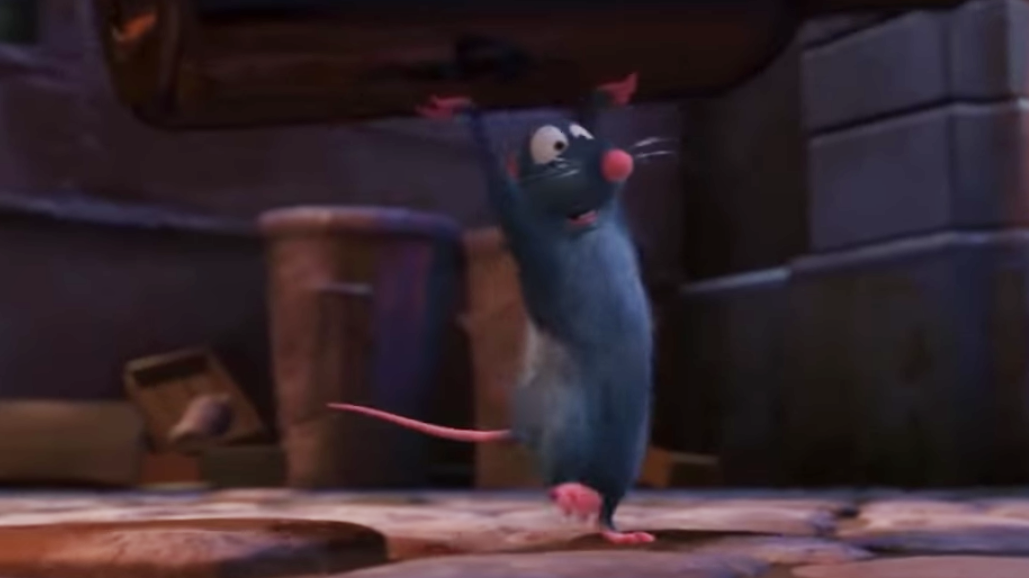Study: Feeding Red Wine To Mice Makes Them Happy
Declaring that wine can help improve one's mood is the kind of revelation you typically expect to be followed with a sarcastic "breaking news, more at 11." Yet according to a new joint study between the University Of Buffalo and China's Xuzhou Medical University, a compound called resveratrol, commonly found in red wine, could offer legitimate health benefits for those dealing with anxiety or depression.
Science Daily reports that researchers dosed a group of mice with resveratrol, relative to their weight, as part of an inquiry into that compound's effectiveness regarding stress-induced mental problems. After first being injected with high amounts of corticosterone, a hormone found in both humans and animals that sometimes increases during periods of stress, the study found that the resveratrol "... displays anti-stress effects by blocking the expression of an enzyme related to the control of stress in the brain." Overall, the stress levels in the mice appeared to improve, based on the resveratrol dosage.
However, there's still a great deal of work to be done before humans can more fully benefit from the study's drunk-mouse discoveries. As noted in The New York Post, "For the same treatment to be effective in an average American man weighing 197 pounds, he would have to drink about 445 five-ounce glasses of the good stuff." At this time, The Takeout would like to formally recommend that you do not drink 445 glasses of wine to see if it improves your mood. We suspect that a few glasses absolutely will, before the scientific rigor of the study falls off quickly thereafter.
With that said, any study that looks to better understand the ever-elusive nature of anxiety and depression is always a strong positive. As the study's co-lead author Ying Xu observes, resveratrol "... may be an effective alternative to drugs for treating patients suffering from depression and anxiety disorders." While having a few glasses of red wine may not be an option for some of those afflicted, harnessing a part of it to help them could be the next best thing. Thanks, mice.
